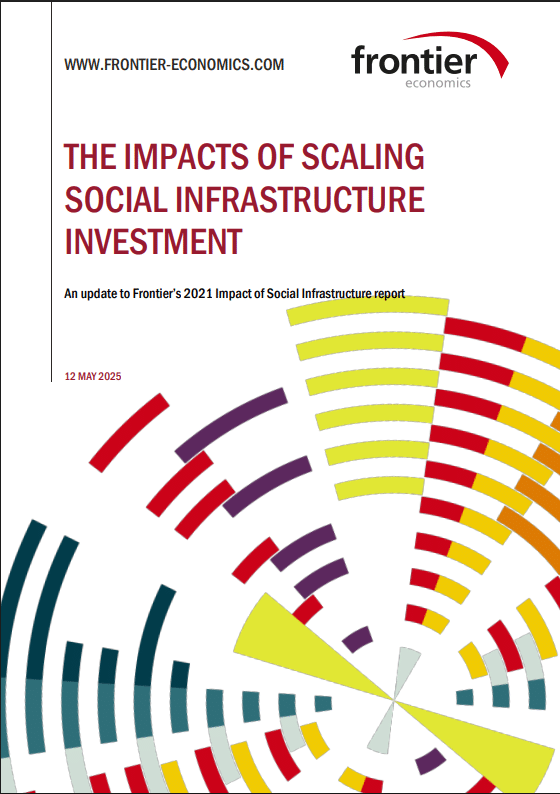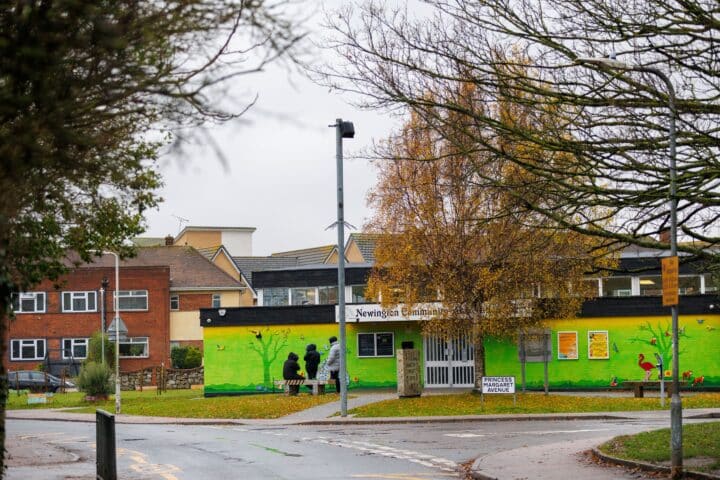The Impact of Scaling Social Infrastructure Investment
An update to our 2021 analysis on the impact of social infrastructure investment, this report with Frontier Economics provides evidence in support of the proposed All Neighbourhood Thriving (ANT) fund.

In 2021 Frontier Economics published a report examining the impact of investing in social infrastructure in the most disadvantaged neighbourhoods – those neighbourhoods that lack civic assets as well as being amongst the most deprived according to the government’s index. It assessed the likely social and economic returns of such investment and their potential to create savings in public spending. Its very conservative estimate, based on only the most robust research, was that an investment of £1 would generate £3.20 in returns. This is a level of return which government tends to regard as good value for money.
Early in 2025, as part of a programme of work designed to influence the government’s spending review, we commissioned Frontier Economics to update their 2021 analysis. Specifically, we asked it to assess the likely return from a new fund we are proposing government should invest in – the All Neighbourhoods Thriving (ANT) fund. This proposed fund would provide £500m in grants for communities in doubly disadvantaged neighbourhoods, enabling them to support the government to achieve each of its five missions (increased opportunity, health, community safety, clean energy and education)
Based on robust research published since 2021, Frontier Economics estimate that the ANT return on investment would be £3.50 for every pound invested. An increase on the previous figure and a significant return of £1.75bn on a £500m investment. Frontier Economics stress that this is a very conservative estimate and doesn’t include positive outcomes which are known to be achieved from community investment including improved social cohesion, quality of place, civic engagement and environmental benefits because these outcomes could not be given a monetary value.



